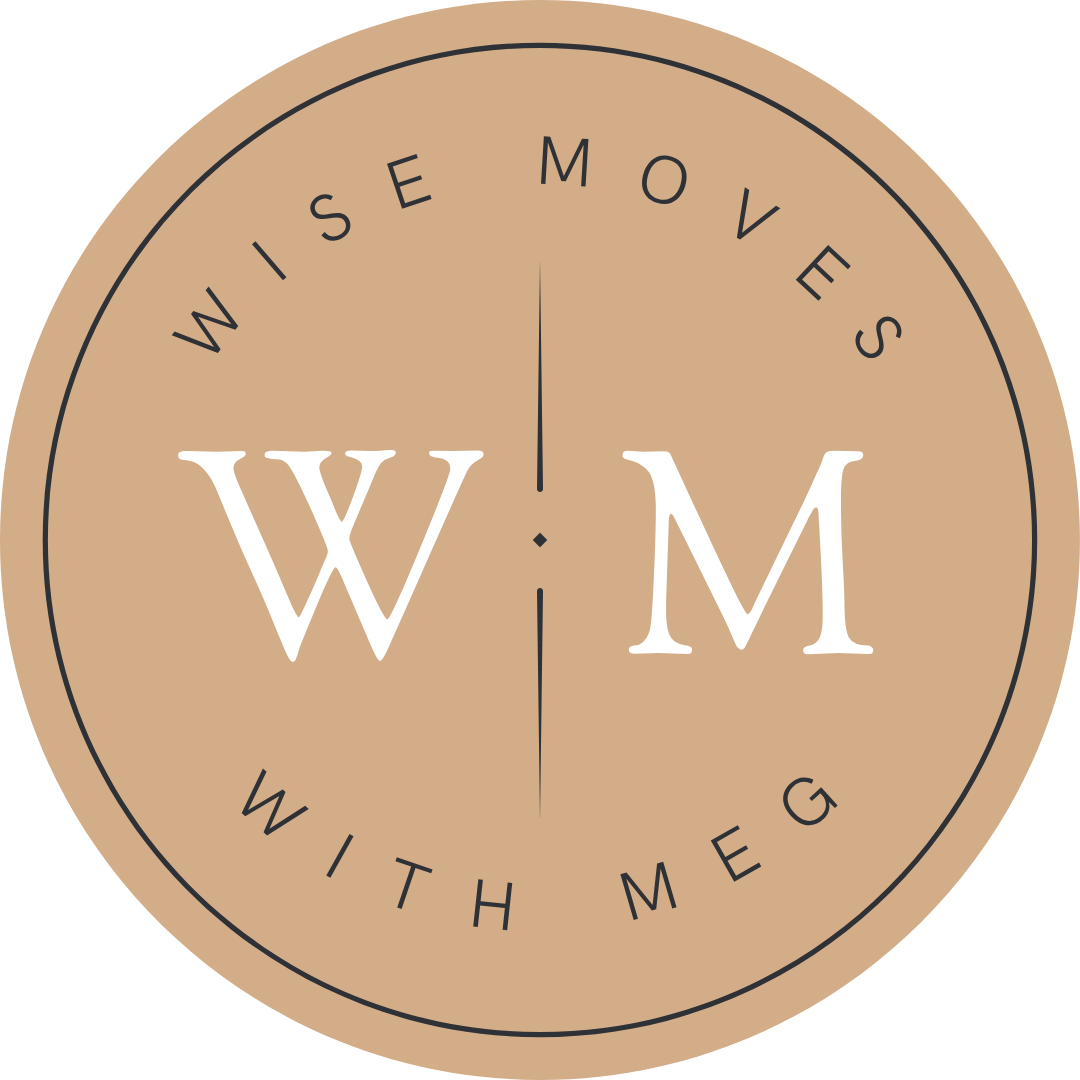5 Element Response to Stress
The Traditional Chinese Medicine Approach to your Stress Personality
Have you ever noticed that you respond to stressful situations differently than a friend or loved one? Whether you confront it full on with fiest, turn inwards with fear, or start to over-think every aspect, this is a part of your constitutional personality type.
You’ve likely heard the personality traits given to us from quizzes and measures such as being an introvert, extrovert, conscientious, neurotic or agreeable. And just like these famous psychological frameworks, ancient medicine also has a way of attributing our thoughts, actions, strengths and weaknesses to our personality.
Traditional Chinese Medicine uses its Five Element Theory to attribute personality traits, go-to emotions, imbalances in health, favourite seasons and so much more. Each of the five elements, fire, earth, metal, water and wood have a multitude of characteristics and associations.
For example, those with a fire constitution crave joy, passion and connection with others, whereas water constitutions appreciate quiet time, deeper and meaningful connection with a select few rather than many, as well as ample time for introspection. Earth element constitutions are grounded, connected and the ultimate nurturer, whereas wood constitutions are action-oriented constantly seeking out opportunities for growth and development. And lastly metal elements are meticulous, detail-oriented and thrive when there is a plan in place.
You probably can start to think of people in your life who fall into each of these elemental descriptions. But these descriptions go beyond what lights you up and how you recharge…they can boil down to the wiring of your being, your nervous system. And since your nervous system controls every function in your body, including your stress response, your constitutional element can play a role in how stress manifests for you.
Let’s look at each constitutional type…
Stress for FIRE elements shows up as restlessness.
They experience high levels of agitation, an inability to focus and concentrate and difficulty sleeping. Sleep is once again punctuated by a restless quality, frequent waking, vivid dreams and even night sweats. Physically, stress for fire elements often manifests in the chest with sensations such as chest pain, tightness, and heart palpitations.
EARTH elements feel stress in their gut.
They often experience changes to appetite and increased cravings for white starchy carbs and sugar. On top of physical digestive upset, there is often difficulty digesting thoughts, with tendencies of rumination and over-thinking, obsessive thoughts, hovering over others and constant worry.
The meticulous tendencies of METAL elements are often magnified under stress.
What started as attention to detail becomes an obsession with perfection, obsessive compulsive tendencies and becoming hypercritical of themselves and others. These people often wake early in the morning, somewhere between 3-5am with difficulty falling back asleep, overplaying events and memories.
WATER constitutions become frozen with stress.
They are easily overwhelmed, often feeling a huge sense of fear and worry in decision making. They will retreat into isolation, exhausted by the thought of being with others. Water elements tend to feel overly hot at night, experience vivid dreams and nightmares, and despite a full night’s sleep never feel rested.
Lastly, the ability for WOOD constitutional types to grow under stress becomes stagnated which can result in frustration, anger, impatience and irritability.
They may become rigid in their ways, lack creative drive and feel confined in body and thought. Physically, stress can show up as increased headaches, dry and painful eyes, and tight muscles. Stressed wood constitutions tend to wake up between 1 and 3am.
So now that you have determined which constitutional archetype you are, let’s look at the best way to manage stress according to Five Element Theory.
FIRE elements need to find ways to calm and ground. Spend time walking barefoot in the grass, take time to lay on the floor, and connect your breath into your feet.
EARTH elements need to prioritize self-care during times of stress. Cook a nourishing meal for yourself, take a relaxing bath, or spend time in nature. Over-caring for others and neglecting yourself will only make things worse.
METAL elements need to free flow in times of stress. It’s the last thing they want to do, but relinquishing control of every detail is the only escape. Whether it's free drawing, creative dance or digging in the dirt, these less structured activities will give you the break that you need.
WATER elements will recharge and unwind with meaningful connection to others. Retreating on your own will only further perpetuate the issues. Take time away from your problems by laughing and enjoying the company of deep friendships and loved ones.
WOOD elements need to return to centre with gentle movement. A brisk walk, a flow yoga practice or a kitchen dance party will support the continued need for movement while creating a calming and grounding presence.
So what do we do with this information? Learning about how stress shows up for you can help clue you in to triggers in your life as well as messages from your body before you’re in a fully stressed state. This way you can preemptively support the balance in your body and mind. Since the long-term systemic impacts of stress are well-documented, it becomes essential that we each learn about our own stress response and the supports we need.
Stress is inevitable, but our reaction to it is within our control. Knowing the foundations so you can show up fully for yourself are essential. At Radiant Effect, we are passionate about understanding stress and nervous system health, as well as resourcing you with tools to improve your relationship to stress. Our signature course ‘Recalibrate” is a six week dive into nervous system health supporting you to understand stress, move through it, and reflect on its role in your life.
You can learn more HERE.






